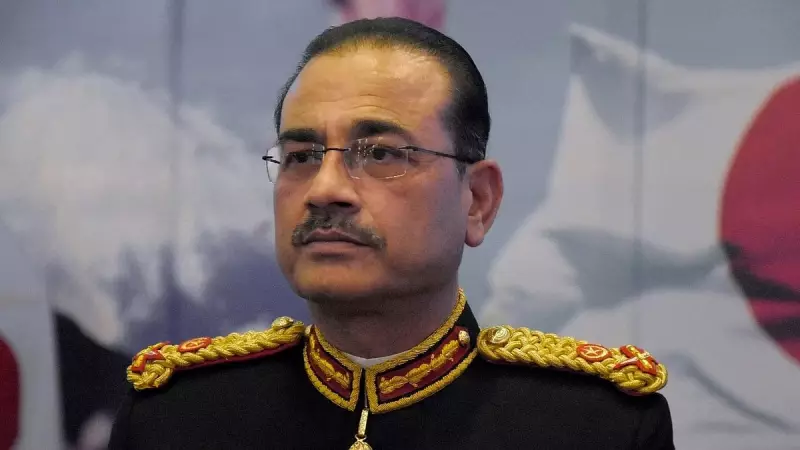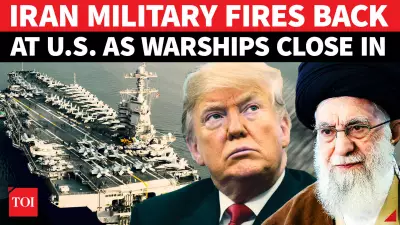
In a development that significantly raises the temperature between the two nuclear-armed neighbours, Pakistan's Army Chief General Asim Munir has issued a stern warning to India, vowing a 'decisive and forceful response' to any act of aggression.
The warning was delivered during the General's visit to the fiercely contested Line of Control (LoC) in the Kashmir region, a highly symbolic location that has witnessed numerous cross-border skirmishes. His statement underscores the persistent and volatile nature of the military standoff between India and Pakistan.
A Message from the Front Lines
Addressing troops stationed at the front, General Munir left little room for ambiguity. He emphatically stated that the Pakistan Army is 'ever-ready' to defend its territorial integrity. He praised the high morale and operational readiness of his soldiers, asserting they remain vigilant against any potential misadventure from the Indian side.
This public declaration is seen by analysts as a direct message to the Indian military and political leadership, aimed at reinforcing Pakistan's red lines. The choice of the LoC as the backdrop for this statement amplifies its strategic weight and demonstrates a show of force.
Historical Context and Ongoing Friction
The relationship between India and Pakistan has been fraught with tension since their independence. The region of Kashmir remains the primary flashpoint, with both nations claiming it in full but controlling only parts.
- Persistent Ceasefire Violations: The LoC frequently experiences exchanges of fire, despite a ceasefire agreement.
- Diplomatic Stalemate: Formal talks between the two countries have been largely frozen for years.
- Nuclear Overhang: The presence of nuclear weapons on both sides adds a grave dimension to any military posturing.
General Munir's comments are likely to be interpreted in New Delhi as a continuation of Pakistan's hardline stance, potentially complicating any behind-the-scenes efforts at de-escalation.
Regional Implications and the Path Forward
This latest verbal volley is certain to be monitored closely by international powers, including the United States and China, who have a vested interest in regional stability. An escalation between India and Pakistan has significant implications for South Asian security and global counter-terrorism efforts.
While the rhetoric is sharp, the critical question remains whether this is a tactical warning to deter Indian action or a signal of a more assertive Pakistani military policy. For now, the world watches and waits, hoping that diplomacy will prevail over the drums of war along the Line of Control.






